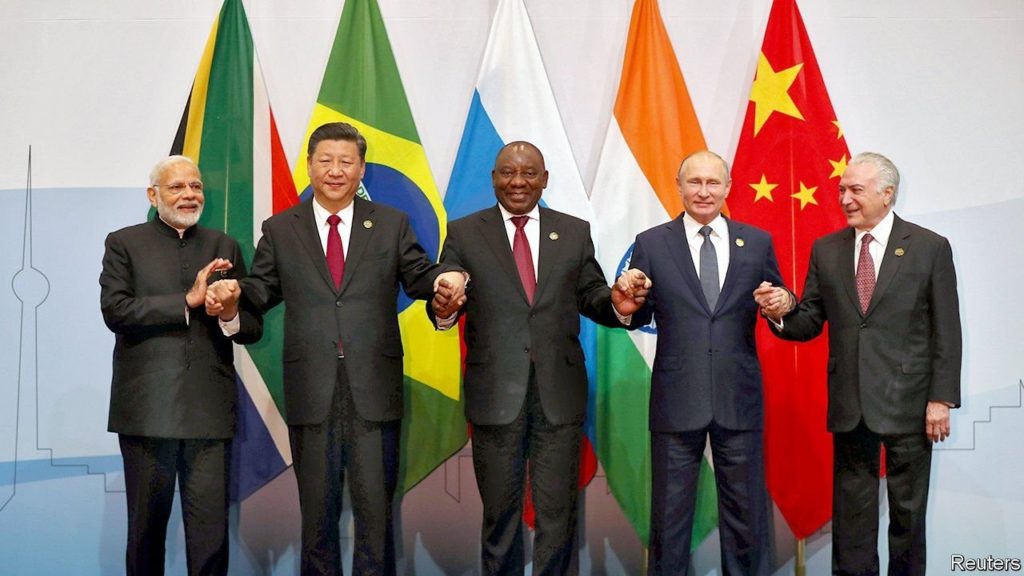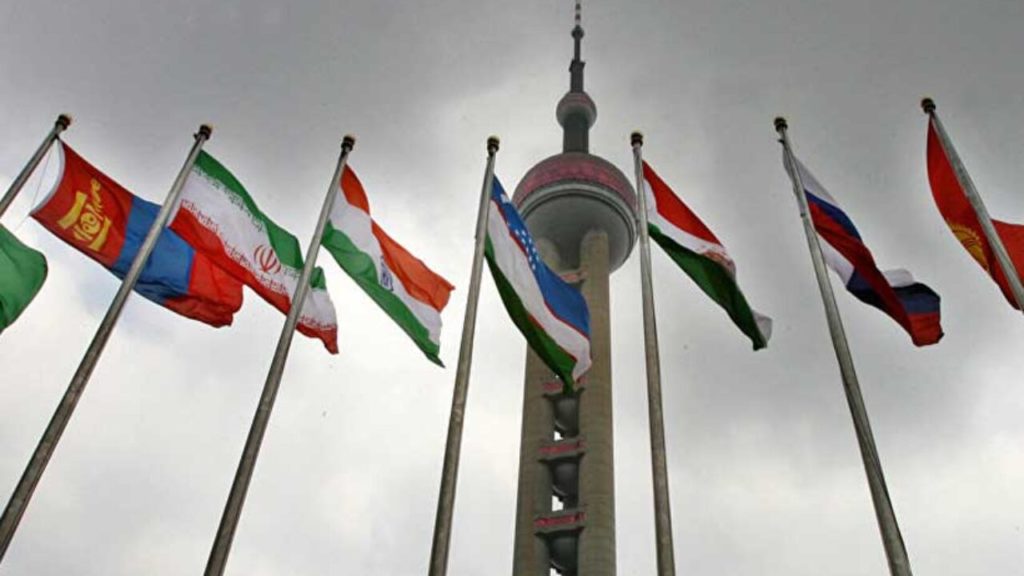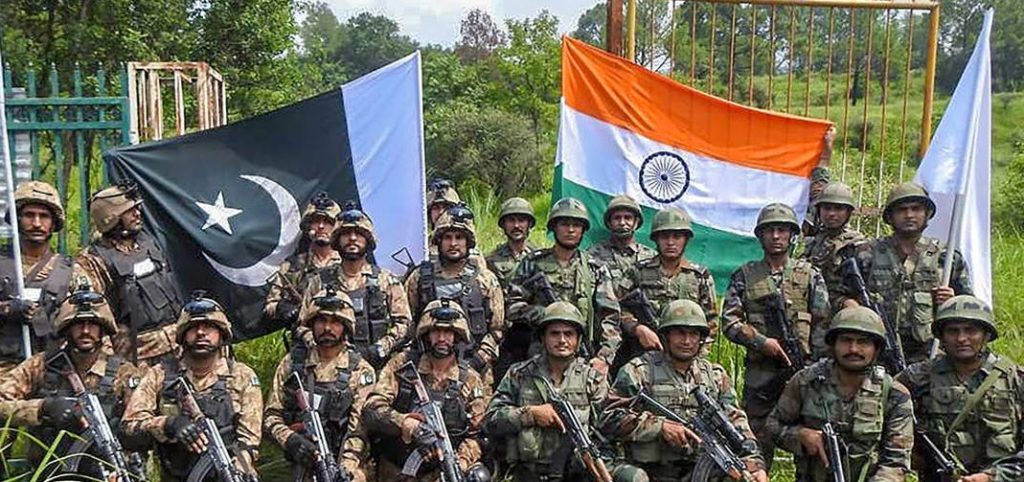Context
As the alliances associated with the global balance of power remain in the heightened state of flux, the organizations through which these tectonic shifts are being manifested, such as United Nations, BRICS, NATO and SCO are critical to observe. An inquiry that goes along with this examination is to understand the purposes of these multinational entities.
Analysis
NATO and Europe
The North Atlantic Treaty Organization (NATO) came into being in 1949 in the aftermath of world war II. The first NATO Secretary General. Lord Ismay. famously stated the organization’s goal was “to keep the Russians out, the Americans in, and the Germans down.” With the end of the Cold War and the Warsaw pact one of the main premises upon which the NATO military alliance was formulated was gone. The alliance began to look for a new purpose and identity that would keep it united against emerging threats. The war against terror has proven to be one such unifying factor, as has dealing with rogue dictators and nations that threaten western interests. such as Saddam Hussein, Muammar Qaddafi and recently Iran.
However. these motives have proven to be short lived in the present mufti-polar world and with the return of great power politics and the Cold War like dynamics. The established powers are now directly challenging the emerging power players, even to the extent of undoing the existing political. security, and economic systems that the established powers had themselves helped to set up at the end of world War II. It can be contended that the overwhelming emphasis on fighting the extremists has weakened and distracted the western alliance.
Moreover, the abuses of the very capitalist system that was a source of strength for the western nations is proving to be its Achilles heels. While the multinational corporations generated enormous profits, they have also weakened the Middle Class, the backbone of any vibrant society. Additionally, the technological edge the West and US enjoyed is being eaten away by the emerging powers such as China.
None of these changes are as fundamental as the present transformation of Europe and its identity. Since the end of World War II Europe has represented the pillar of American power projection around the globe. With Brexit and emergence of nationalist tendencies this reliance can no longer be taken as given. Moreover. the change in what Europe reflected in the American strategic calculus has been adversely impacted by the ‘America First’ doctrine. The doctrine has created skepticism in the minds of the European powers that the US can no longer be trusted as provider of its security. This has resulted in Europe increasingly caught between its traditional ally US and the pull of the emerging powers such as China and Russia. Meanwhile, the traditional European power tussles between France, Germany and UK also appears to be resurging.

What is the Evolving Role of SCO?
On the other hand. the Chinese have given more importance to the economic and trade leverages in its foreign policy as opposed to military means. which seems to be the preferable US choice in recent conflicts. The Chinese One Belt One Road (OBOR) is an example of this. It is only under Trump that the focus has shifted to using American economic tools against adversaries. But that has resulted in the prospects of trade wars, which in return also impacts American economy.
The emerging powers are now represented by organizations such as the BRICS (Brazil, Russia, India, China and South Africa). Shanghai Additionally the Cooperation Organization (SCO) reflects the interests of the Central Asian states and is thought of as the security arm of BRICS.
The SCO was formed in 2001 mainly as a security forum, the member governments have common security concerns, with emphasis on tackling terrorism, religious extremism, and ethnic separatism. In 2017, the organizing reached a milestone when India and Pakistan joined the organization as full members. Other include China, members Kazakhstan, Kyrgyzstan. Russia. and Tajikistan. Uzbekistan Afghanistan and Iran have an observer status while Turkey is a dialogues partner of SCO.
It is especially interesting to study the connection between BRICS and SCO and their reaction to events in countries impacted by the Arab Spring and their position on the developments of the AfPak region. In matters related to Libya, Syria, and Iran, the positions Of BRICS and SCO nations were in stark contrast to those of the western powers and Russia and China have both used their veto powers in the UN in this regard.
This is particularly on display as it relates to the present crisis over Iran and the US decision to withdraw from JCPOA. The European powers had advised the US to stay within he agreement to influence Iran and even after the American withdrawal, the European powers have tried to salvage the agreement.
BRICS, SCO and Evolution of its Role in Afghanistan
PoliTact has been keenly observing the evolution of these budding organizations. To explore the role of BRICS and SCO towards the AfPak region further, we examined the views expressed at a conference held at the Woodrow Wilson Center in June 2011, titled, “BRICS: Shaping the New Global Architecture”. We especially focused on the comments of Da Wei who was at the time the Director of the President’s Office, China Institute of Contemporary International Relations (CICIR): Fyodor Lukyanov, Editor in Chief of Russia in Global Affairs; and Inderjit Singh, a Professor of National Strategy at the National War College. LIS National Defense University.
In expressing his views, Da Wei distinguished the de of BRICS countries and the SCO and avoided making any comparison of the SCO with NATO. or to comment on the role of the SCO in Afghanistan. He clarified that the BRICS are focused on global economic and political affairs while the SCO is more concerned with security issues. He added that BRICS membership open to other countries and is a forum for emerging powers to dialogue amongst member countries and with other institutions like the SCO He clarified further that BRICS and the SCO are not very “strict-tight” organizations.
On the other hand, Fyodor Lukyanov emphasized how he saw the role of SCO in Afghanistan and stated that, “The SCO now is primarily about Afghanistan because this is a matter of huge concern for all countries of Central Euro Asia (because of the question of what will happen in Afghanistan after American and NATO exit, and nobody can answer it.’ He added that NATO should be very much interested and should encourage the SCO to take over the settlement of this issue and that it’s the only organization that is very well-placed to take on this responsibility. In contrast, while speaking to poliTact, Dr. Inderjit Singh stressed a regional solution to Afghanistan that includes the interests of India, Russia, China, and Iran, He had noted at the time that Afghan interest to join SCO did not carry much significance, as the country cannot yet ensure its own security and that’s why the role of Pakistan is important. He commented that Pakistan should not attempt to marginalize the interests of the Northern Alliance and India through the Haqqani network because a stable solution for Afghanistan would have to involve regional powers and the route of negotiations would be better than the use of force.

Future Role of SCO
The Chinese have dearly adopted a more cautious posture on the role of SCO as opposed to the more aggressive Russian stance. The differences in their respective approach is directly connected with their threat perceptions “is-a-vis the United States and Europe. The tense US ties with both Russian and China have pushed both strategically closer.
Moreover. the Chinese have given more credence to the economic and trade leverages in its foreign policy as opposed to military means, which seems to be the preferable US choice in recent conflicts. Chinese One Belt One Road (OBOR) is an example of this. It is only under Trump that the focus has shifted to using American economic tools against adversaries, but that has resulted in the prospects of trade wars. which in return also impacts its own economy.
Since its inception, SCO has held a number of military exercises. However, at this stage it is not in a position to match the interoperability prowess of NATO.
The future of the US presence in the South and Central Asia, and increasingly the Middle East region has remained the focus of SCO. In June 2011 Medvedev had commented that the future of Afghanistan was directly relational to security and stability in all SCO countries and most observer countries, and that the SCO must endeavor to increase cooperation and involvement in Afghanistan to try and ensure stability in a post-US scenario.
At a UN Security Council meeting in September 2011, Russia insisted Afghanistan must stay neutral after troops withdraw from the region. Moreover. Russian deputy ambassador to the UN at the time. Alexander Pankin had stated. “if Kabul sets a goal of restoring neutrality as early as now, this can ease the reconciliation dialogue with the opposition.” The diplomat told UN members that military means were not enough to stabilize Afghanistan. Pankin criticized NATO’s ineffectiveness in controlling the situation and warned militancy networks could spread to bordering countries. Russia and China both fear the situation in Afghanistan could destabilize the Central Asian states.
On the other hand, India has warned against any hasty withdrawal of troops from Afghanistan. India has maintained the stability of the region can only be achieved once terrorist organizations such as Al Qaeda and Taliban are rooted out of Afghanistan.

India, Pakistan, and SCO
US and Indian interests are no doubt convergent when it comes to the AfPak region, however, India has consistently taken a position against foreign intervention, in places like Libya and Syria, just as China, Russia, and Pakistan. India is also aligned with the Indo-Pacific strategy and that is what complicates its role in both the SCO and BRICS. It simply cannot be a member of both the emerging powers club, and established Powers at the same time, and sooner or later it would have to choose. This is the same predicament the European powers are finding themselves in, especially it relates to the affairs of Iran, while UK is deciding on a Brexit. This is also true to Indian role in SCO. The SAARC organization become dysfunctional because of the Pakistan-India tensions, and the Chinese do not want these nations to bring their grievances to the SCO platform as well. However, without taking on a larger security role and diplomatic posture in mediating long-standing conflicts, whether it is Kashmir or Palestine, SCO cannot rise to a truly respected organization in par with NATO.





